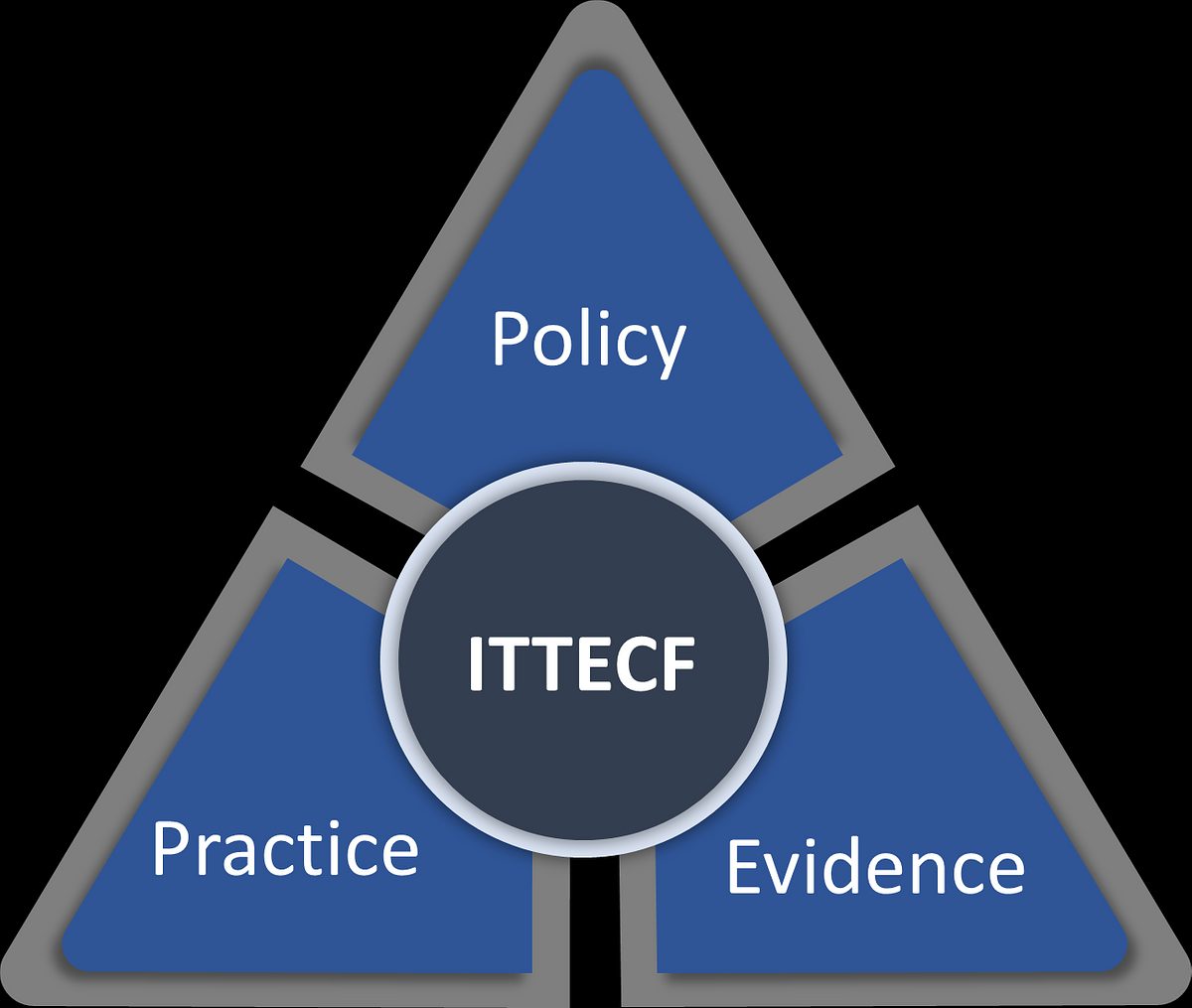In 2019, the Department for Education published the Initial Teacher Training Core Content and Early Career Frameworks, which created a shared body of knowledge and skills underpinned by research evidence. They established an entitlement for trainee and early career teachers to receive training and development aligned to these frameworks to support all new teachers during their earliest years in the profession. The frameworks broke teaching down into more granular detail than any preceding national policy, providing a common understanding of effective practice.
Two years ago, the Department for Education (DfE) committed to updating the Initial Teacher Training Core Content and Early Career Frameworks1, recognising that these documents must be reviewed as policy, practice, and research evidence evolves over time.
The pressures, priorities and practices of teachers and school leaders are ever changing in response to the needs of pupils. Evaluations and wider feedback from the sector have highlighted areas of the policy that could be amended to better support participants. The research evidence also develops through new studies that add to our collective knowledge. Governments and ministers also change from time to time… sometimes more often than you might expect.

By engaging with a range of other stakeholders, consulting the public through a Call for Evidence, and convening advisory groups of experts of practice, the DfE review is attempting to triangulate the priorities of practitioners, researchers and policymakers.
How have the frameworks changed?
The most immediately obvious change to the two frameworks is that they have now been amalgamated into one overarching framework, the Initial Teacher Training and Early Career Framework (ITTECF). The DfE has set out its rationale for this change – as well as some of the broader changes to the policy implementation – here.
There are some new ‘Learn that’ and ‘Learn how to’ statements, while others have been amended based on feedback from stakeholders and research evidence. Specific areas of practice that have been added or further developed include the teaching of pupils with special educational needs, and oral language skills. Statements have also been added on the factors that impact pupils’ readiness to learn, such as being a young carer or living in poverty, and what ‘research evidence’ is and how it varies in reliability.
Reference lists have been updated to reflect these changes and are listed within the eight standards at the end of the document. Notably, these reference lists are not exhaustive, nor – importantly – do they prescribe recommended reading for participants. They do however set out the sources that underpin the specific ‘Learn that’ statements, so may support providers in translating the framework into their programmes.
What role has EEF played in the update?
As with other national professional development qualifications (such as the National Professional Qualifications), the EEF independently reviewed and assessed all changes to the framework. This included:
- screening the references submitted through the Call for Evidence (more on this here),
- reviewing the previous framework references to identify outdated or inaccessible sources which required updating, and
- making sure that claims made within the new and amended ‘Learn that’ statements are warranted based on the strength of the evidence that sits behind them.
The type of evidence required to support different statements will depend upon the claim being made, so that, for example, generalisable causal claims about particular practices are supported by research that has comprehensively synthesised available research on that practice and found a positive impact. Alternatively, some broader statements – for example, about the nature of learning or the importance of a school’s curriculum – have been drawn from evidence involving less systematic data collection and analysis but are still highly relevant to practice. The variety of claims made in statements is reflected in the diverse range of authors and methodologies cited in the reference lists.
Whilst playing a quality assurance role over the final framework, the EEF don’t:
- ‘own’ national professional development frameworks such as the ITTECF, which are DfE policy documents, or
- write framework statements, which are dictated by advisory groups and the DfE.
The ‘Learn how to’ statements are also not reviewed according to the same criteria as ‘Learn that’ statements. This is because the claims made in the ‘Learn that’ statements present statements drawn from research evidence whereas the ‘Learn how to’ statements are more often derived from practical application of the factual knowledge.
When will the new framework be implemented?
Initial Teacher Training and Early Career Framework lead providers are not responsible for integrating the new and updated statements and framework references into their programmes until after the 2024/25 academic year, meaning that trainee and early career teachers will not begin courses based on the new framework until September 2025.
The EEF will be working with the ECF providers and teacher training professional associations to help summarise the changes made to the framework and associated evidence throughout the coming year.
Policy announcements can pose challenges and inevitably mean making changes to one’s practice – in this case, the delivery and implementation of programmes. Yet, this updated, amalgamated framework helpfully flags the ITTECF as the core body of knowledge and skills teachers should master to enter and thrive in the profession. Founded upon a high-quality and live body of evidence that will be updated according to future policy, practice and research needs, the framework functions as one mechanism for ensuring all trainee and early career teachers are given the support and preparation they need and deserve.
1 Department for Education (2022). Opportunity for all: strong schools with great teachers for your child.
